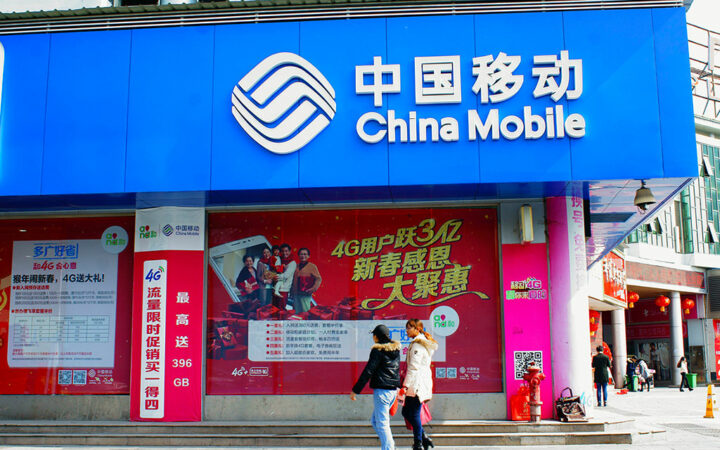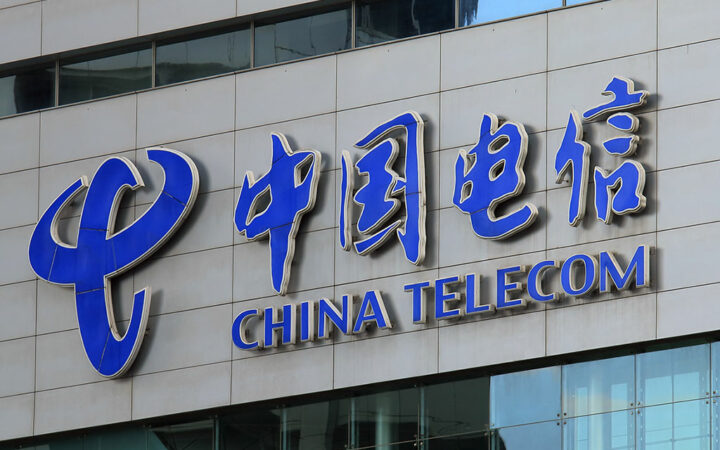
Conflux and China Telecom Debut First On-chain Interaction with Blockchain SIM Card

Conflux Network, the first regulatory compliant public blockchain in China and global communications network, China Telecom, today unveiled its jointly developed Blockchain SIM (BSIM) card at the Xuhui District West Bank Artificial Intelligence Center in Shanghai.
In a world first, the BSIM card is a mobile user identification card based on blockchain technology. With an appearance nearly identical to traditional SIM cards, the BSIM card is fully compatible with mainstream mobile terminal systems such as Android and iOS. It also boasts storage space 10-20 times larger than traditional SIM cards and computing power several dozen times greater.
Alongside traditional communications functions, the BSIM card also can generate and store users’ public and private keys within the card. By performing digital signatures in a “private key never leaves the card” manner, the card reduces the risk of users’ mobile terminals being targeted by malware and virus software attacks. Furthermore, the BSIM card can implement encrypted storage, key recovery functions and even integrate traditional U-shield functions. Leveraging the hardware security advantages of the BSIM card to protect users’ private keys. It is currently the safest and most convenient Web3 user terminal entry solution available.
During the launch event, Dr. Wu Ming, CTO and Co-Founder of the Conflux Network, successfully transferred a Commemorative NFT of the China Telecom and Conflux Partnership by pressing the send button within the app. This marked the first on-chain, public use of the BSIM card, as the NFT was transferred from the BSIM card account of Shanghai Conflux Research Institute to the BSIM card account of China Telecom.
Dr. Wu Ming from Conflux stated:
“From now on, all mobile communication users can obtain a more secure digital identity through mobile terminals and access Web3 and the metaverse with minimal technical barriers. Blockchain technology has evolved beyond its reputation as a complex and inaccessible concept, transforming into a truly practical infrastructure for applications in the global economy and people’s daily lives.”
Li Anmin, Deputy Dean of the Research Institute at China Telecom Group added:
“We are committed to working alongside Conflux Network in developing and promoting practical communication solutions tailored to meet genuine user needs. The BSIM card is just a first step as we collaborate in exploring a diverse range of application scenarios and supplementary products, made possible through the innovative integration of blockchain technology with modern communication advancements.”
The BSIM card will be piloted in Hong Kong before being gradually introduced to mainland and overseas markets.
About Conflux Network
Conflux is a permissionless Layer 1 blockchain connecting decentralized economies across borders and protocols. Recently migrated to hybrid PoW/PoS consensus, Conflux provides a fast, secure, and scalable blockchain environment with zero congestion, low fees, and improved network security.
As the only regulatory-compliant public blockchain in China, Conflux provides a unique advantage for projects building and expanding into Asia. In the region, Conflux has collaborated with global brands and government entities on blockchain and metaverse initiatives, including the city of Shanghai, McDonald’s China, and Oreo.
Disclaimer: This publication is sponsored. Coinspeaker does not endorse or assume responsibility for the content, accuracy, quality, advertising, products, or other materials on this web page. Readers are advised to conduct their own research before engaging with any company mentioned. Please note that the featured information is not intended as, and shall not be understood or construed as legal, tax, investment, financial, or other advice. Nothing contained on this web page constitutes a solicitation, recommendation, endorsement, or offer by Coinspeaker or any third party service provider to buy or sell any cryptoassets or other financial instruments. Crypto assets are a high-risk investment. You should consider whether you understand the possibility of losing money due to leverage. None of the material should be considered as investment advice. Coinspeaker shall not be held liable, directly or indirectly, for any damages or losses arising from the use or reliance on any content, goods, or services featured on this web page.




